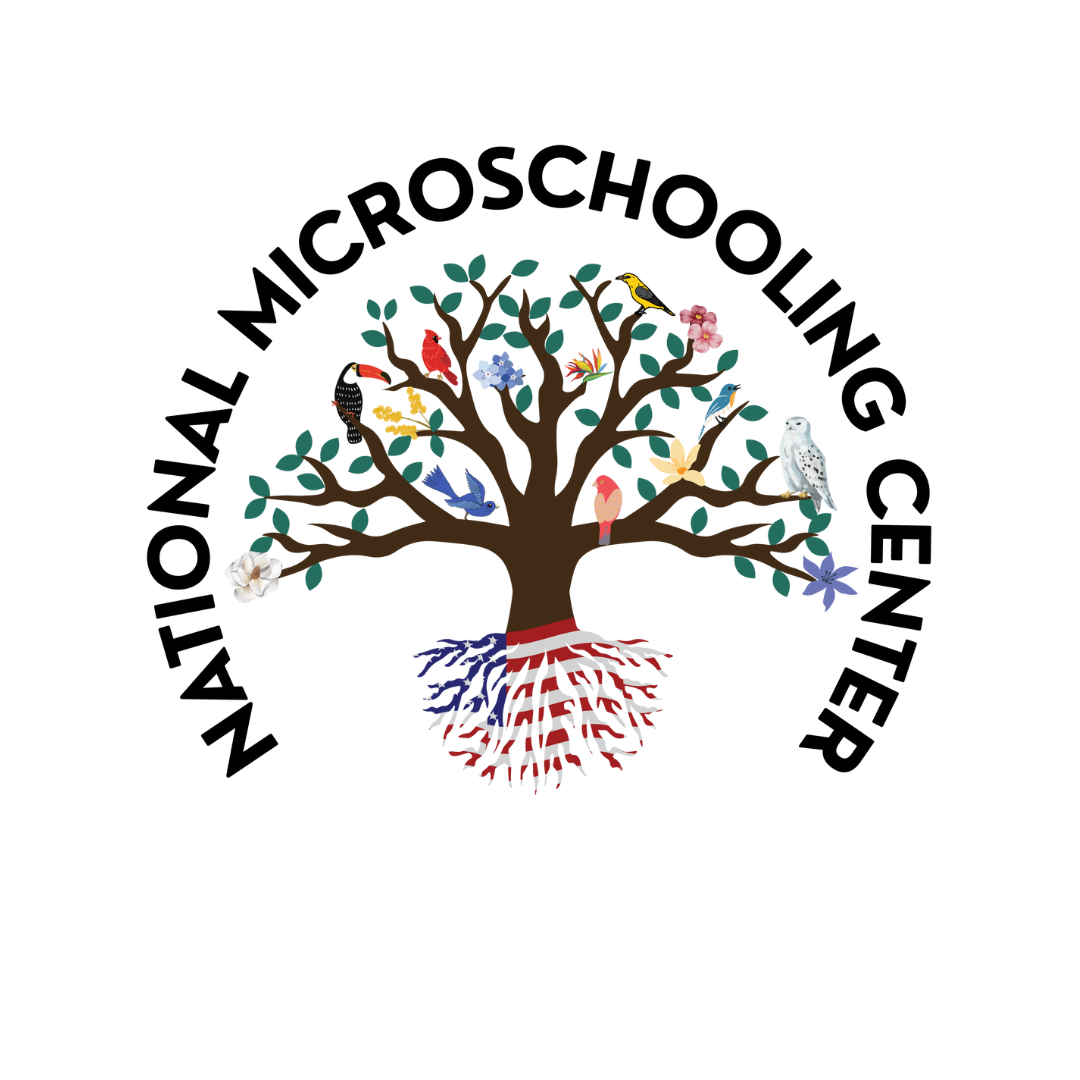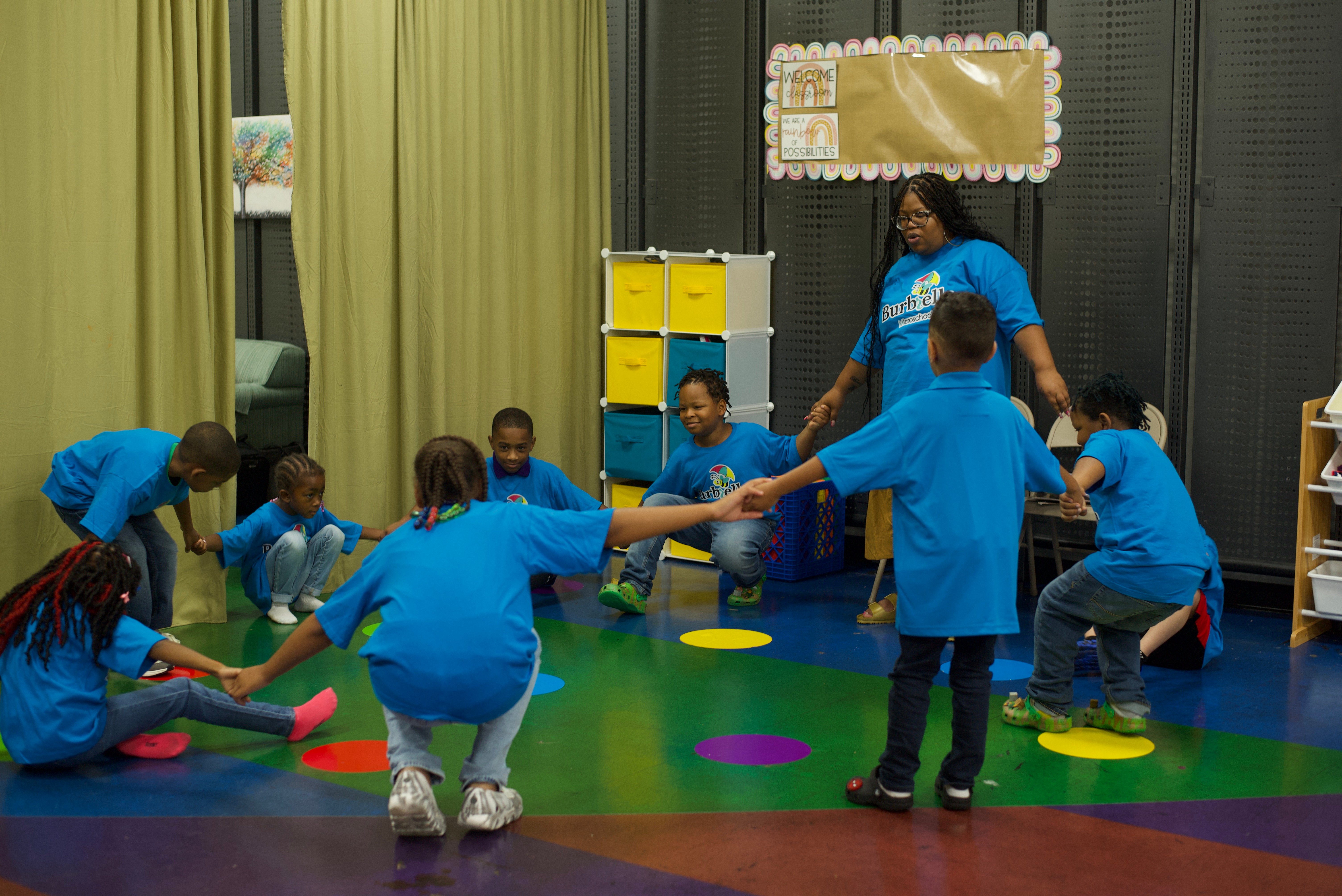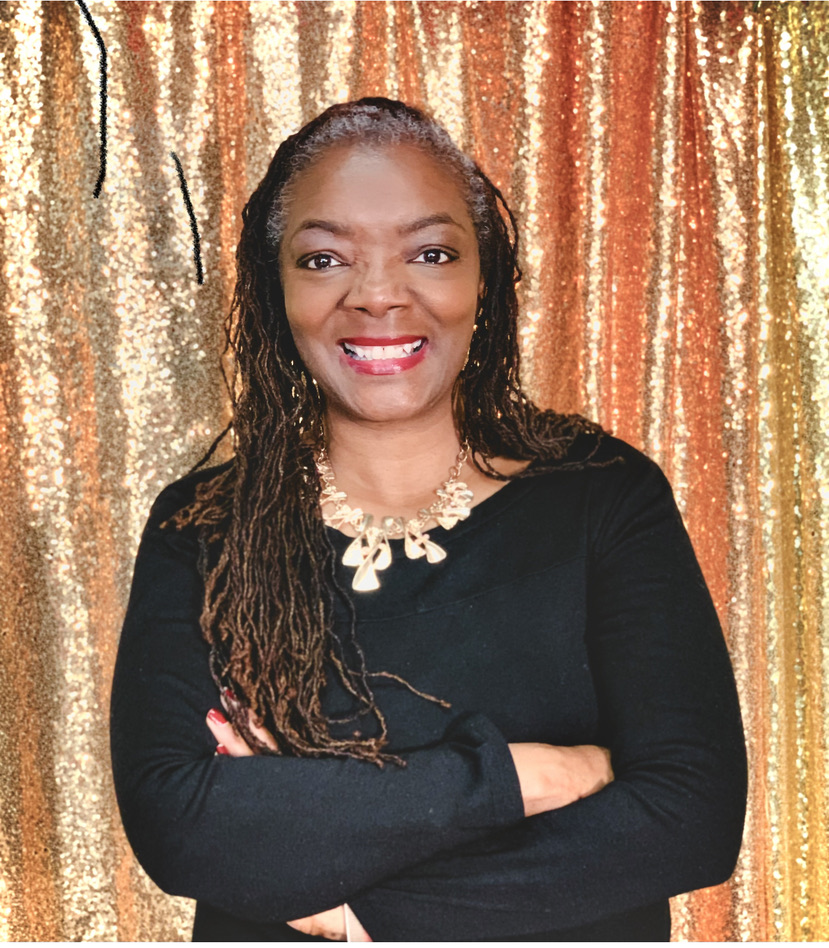Meet North Carolina's Burbrella Learning Academy's Dominque Burgess
Burbrella Learning Academy Inc was established in Fall 2020 by Founder and Head of Schools Dominque Burgess. After COVID 19 shed light on the...
5 min read
 News Story Posted by Center Staff
:
Jul 30, 2024 9:06:46 PM
News Story Posted by Center Staff
:
Jul 30, 2024 9:06:46 PM
.jpg)
Hola fellow educators, my name is Tanisha DaCosta and I am the founder of Kingdom Kids Empowerment Academy (KKEA) a K-12 microschool. I am deeply passionate about entrepreneurship, education, and community, with a particular focus on youth. A native of Buffalo, NY, (GO BILLS!!)I now live in Charlotte, NC, with my husband of 22 years, five children (ages 30, 19, 17, and 7), and two grandchildren. I’ve lived in Charlotte for eight years, spending four years as an educator in the school system before transitioning to full-time self-employment. I hold a Master’s Degree in Business Administration and am currently pursuing a Doctoral Degree in Educational Leadership.
My career as a servant leader has been marked by extensive work in the non-profit and education sectors. As an entrepreneur, I’ve owned and operated a childcare program however, I realized I could be more autonomous and make a greater impact by moving into the school space. As a result, I founded Kingdom Kids Empowerment Academy in 2023.
.jpg?width=584&height=699&name=image_123650291%20(12).jpg) It is an exciting time for our school program as we have recently moved into a new home for the foreseeable future. We recently moved into one of the oldest Historically Black College/University (HBCU) campuses in North Carolina- Barber-Scotia College. KKEA is the first student body back on the campus in twenty years as the school is on the rise to reaccreditation. This is an amazing opportunity; to be a part of something both historic and revitalizing. We always knew from the inception of our school that we would be community based and collaborative. We never imagined embarking on something of this magnitude; yet here we are! We are elated about the upcoming plans for our expansion, Fall 2025. Our goal is to further address the holistic needs of the WHOLE child by being the change we wanted to see!!
It is an exciting time for our school program as we have recently moved into a new home for the foreseeable future. We recently moved into one of the oldest Historically Black College/University (HBCU) campuses in North Carolina- Barber-Scotia College. KKEA is the first student body back on the campus in twenty years as the school is on the rise to reaccreditation. This is an amazing opportunity; to be a part of something both historic and revitalizing. We always knew from the inception of our school that we would be community based and collaborative. We never imagined embarking on something of this magnitude; yet here we are! We are elated about the upcoming plans for our expansion, Fall 2025. Our goal is to further address the holistic needs of the WHOLE child by being the change we wanted to see!!
I live by and embody several inspirational scriptures/quotes: “I can do ALL THINGS through Christ who strengthens me,” and “Emancipate yourself from mental slavery, none but ourselves can free our mind” by Bob Marley, “It takes a village to raise a child” (African Proverb), and “Be the change you want to see in the world.”
What is one unique (or uncommon) feature of your microschool experience your learners and families tell you they especially value?
A unique feature of our school would be our core competency system- H.E.A.L. an acronym that stands for Holistic Health (mind, body and spirit) Economic Empowerment, Academic Achievement and Leader (follower) development. Many programs have a mission and vision statement (as do we). However, we wanted to ensure our students had a systematic and comprehensive rubric (if you will). The rubric or H.E.A.L.value system allows students to use the letters as “buckets” of which their learning falls under. Every letter is a bucket and every assignment has a bucket. We design all activities and assignments around H.E.A.L. to ensure our core values are infused into every aspect of the KKEA program. This is also how S.E.L. can be easily folded and implemented into every program, project or activity.
What is one favorite aspect of your work that would have been especially difficult to deliver in traditional school settings?
At KKEA we focus on whole child development with a high emphasis on Socio- Emotional Learning (SEL). In the traditional school setting, SEL can seem like more work.However, at KKEA, it is ingrained into the DNA of our program. In addition to our HEAL core value system, we utilize the Maslow’s Hierarchy of Needs framework. This framework applied to the classroom setting creates an opportunity for educators at KKEA to recognize how the hierarchy manifests in the classroom/school setting. For example, if we are working with a student who is perpetually late to school, as SEL Educators, we look to externalities that a child may be facing which could be a determinant to their tardiness. This enables us to help more than harm while ensuring we are maintaining equity throughout the program.
Our school also emphasizes the importance of Restorative Justice in lieu of formal disciplinary processes. When a child needs time to process their feelings/emotions, they are allowed to go to the “think about it” area versus a “time out” chair or area. In this instance, the child has been removed from the activity (consequence); however, their time is being spent processing these BIG feelings and not to simply sit and “stew” in their own anger, leaving their emotions unresolved. In the “think about area”, they are not timed. Instead, they are allowed to join their friends in the activity once they have “thought about it- and gotten themselves together” which could take one minute or ten (it is all contingent on the child). The child demonstrates to the teachers and their peers how they have remedied their behavior(s) by explaining their infraction and what they will do the next time they are presented with those same BIG FEELINGS! This works well while simultaneously empowering children to be introspective or what we like to call “thoughtful thinkers”!
Please share a story about what success looks like in your microschool
KAM: Kam has to be our largest success story. Kam is autistic and nonverbal. Due to the small class size, he is able to be free while remaining fully integrated in the day to day activities alongside his peers. This is possible because we.jpg?width=425&height=528&name=image_123650291%20(11).jpg) are whole child focused. Whole child focus enables us to meet the child where they are while simultaneously ensuring we are equitable in our educational approach. With our competency based education approach, Kam is not charged with how long it takes for him to MASTER a subject and/or topic. It is solely based on his ability to master his learning goals. He is able to join his peers when he feels confident to do so. As a fully integrated school, we allow outside providers such as Speech, Occupational and Physical therapy access to students while they are in class or in an activity. This approach allows Kam to feel empowered, accepted and in control of himself while in our learning community. As a result, Kam has been more spontaneous in his speech, able to attend for longer periods of he he is more socialized, able to play with his peers. Our team has worked with Kam for a short six months and the parents and family are elated at the progress made in such a short time frame. I must say, to see our little buddy so independent surely lets us know we are doing God’s work and getting into GOOD TROUBLE!
are whole child focused. Whole child focus enables us to meet the child where they are while simultaneously ensuring we are equitable in our educational approach. With our competency based education approach, Kam is not charged with how long it takes for him to MASTER a subject and/or topic. It is solely based on his ability to master his learning goals. He is able to join his peers when he feels confident to do so. As a fully integrated school, we allow outside providers such as Speech, Occupational and Physical therapy access to students while they are in class or in an activity. This approach allows Kam to feel empowered, accepted and in control of himself while in our learning community. As a result, Kam has been more spontaneous in his speech, able to attend for longer periods of he he is more socialized, able to play with his peers. Our team has worked with Kam for a short six months and the parents and family are elated at the progress made in such a short time frame. I must say, to see our little buddy so independent surely lets us know we are doing God’s work and getting into GOOD TROUBLE!
What is one piece of advice you give new microschool founders?
A huge piece of advice that I would give is two simple words: DO IT. There will never be the perfect time in your life to begin because life will never stop “lifing” meaning obstacles will always present themselves, curricula will change and evolve and time will surely continue to pass. I heard something very profound by a great motivational speaker that stated the richest place is the cemetery. The cemetery, where the dead rest, also inhabits many lost dreams, passions and purposes. In knowing this, if opening a microschool is your dream- I go back to my two simple words- DO IT!
Please describe one facet of your microschool’s experience that you’d like people to think of when your microschool comes up in conversation.
We have no interest in being like any other school. We are collaborative and community based with a goal of ensuring every kiddo has a place to learn and have fun. To achieve this l, we believe there is no one size fits all program. The beauty of microschooling is the ability to craft our programs to meet the needs of many or as few as two. This movement is all about meeting the needs of learners on a micro level hence the name- Micro-school. It's an exciting time to be an advocate of education and passionate about youth empowerment. We are paving the way ensuring equity for all. Our school says we are an Empowerment Academy which we believe is the essence of our success. By empowering our kiddos, we are creating an environment for children to thrive, have fun and become the THOUGHTFUL THINKERS that we know they can be!

Burbrella Learning Academy Inc was established in Fall 2020 by Founder and Head of Schools Dominque Burgess. After COVID 19 shed light on the...
I·School started out in 2011 as the eLearning Café community learning center in a strip mall in a small resort town on the Nevada side of Lake Tahoe....

I am LaTrece Thomas, founder of Freestyle Learning Center in Park Forest, Illinois. We are a microschool that focuses on the whole child. I am a...